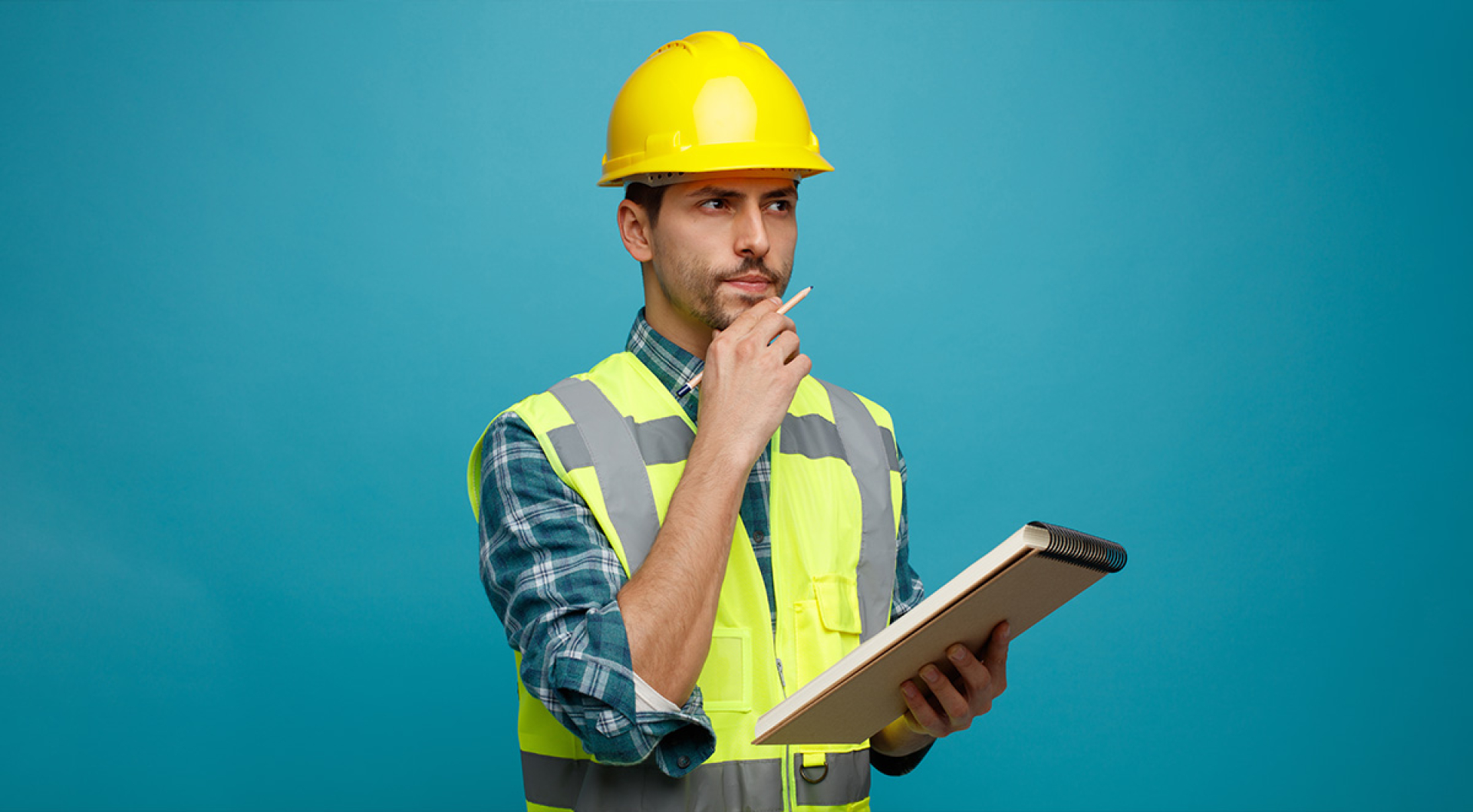There are two broad categories of personnel platforms, boom attached and suspended. Both come with different uses, pros, and cons. When deciding which is appropriate for your job site, consider the particular layout of the job site, work being done potentially from the platform, and height requirements.
- Boom Attached, have the platform or man basket connected directly to the boom or lift arm. They come in a variety of sizes and configurations you may be familiar with, such as bucket trucks, cherry pickers, and scissor lifts.
- Suspended Platforms involve the man basket or similar personnel platform hanging from the tip of an existing crane.
Determining the Requirements and Constraints of Your Project
Having detailed information regarding your project is critical to getting the machine you need and an accurate price. Getting the right crane at the price you need will make your project go much smoother and eliminate delays from incorrect equipment. There are dozens of projects for which you may need a crane, including:
- Building projects in a large city or tight downtown
- Moving heavy materials from one part of the job site to the other
- Lifting heavy materials high to the top of a multi-story building
- Constructing or repairing electrical lines and transformers
The first step in understanding crane loads and determining what machine you need on site is to accurately determine exactly what you need to lift, how heavy it is, and where you need to lift it from and to.
The size and type of material matter considerably. A drainage culvert is close in weight to a piece of construction equipment but behaves very differently when hoisted on a crane. There are several ways to find your local calculation, including:
- The load's weight may be marked on the object or its packaging.
- The load's weight may be written on the paperwork or shipping materials.
- You may be able to determine the weight by using an industrial scale.
Load calculations should take into account the weight of everything being lifted, including all lifting gear, hooks, rigging, and construction materials.
Your crane rental company may be able to help you determine your exact load calculation, but the closer you can get to the precise number, the faster they will be able to set you up with the right crane. You should aim to select a crane that operates safely at or below 75% of the crane's max capacity for the majority of your planned lifts.
It is not just the nature of the project, but the terrain that could make a difference. The Carolinas feature everything from rugged mountains to sandhills, thick red clay, to rolling hills. You will need a mobile crane that can handle whatever the Carolinas can throw at it. The more you know about your terrain, the better you will be able to communicate your needs to a crane rental company.
The type of crane you need will depend on a number of factors:
- Terrain: In the Carolinas, our terrain varies significantly from thick clay to muddy topsoil to granite and bedrock. The type and condition of the land where your project is located will be a factor in the kind of crane you need to rent.
- Location: Are you moving objects within a wide-open construction site, or are you navigating narrow streets in a small town? The neighborhood in which your crane will be operating will be a factor in the type of crane you rent.
- Project: Are you working on a tall, high-rise, or road construction? The answer will help determine what type of crane you need to rent.
Experienced Operators Make the Difference
When it comes to cranes, it is just as essential to have the right people operating the machinery as it is to have the right crane for the job. Cranes remain the most costly and deadly hazards on any construction site. And if you are looking at renting a crane, you likely do not have qualified personnel on your crew to operate the machine.
Crane operation is an essential part of renting. You want to ensure your rental company can provide qualified personnel. When you rent a crane, the rental business should provide you with qualified personnel covering the following roles:
When it comes to the safety and efficiency of lifts, riggers will be your go-to expert. They determine the best equipment for safely performing lifts based on mass, size, and center of gravity and ensure that materials are properly secured.
Comprehensive, Safe Crane Rental
You need to know that you can rely on the equipment on site. Poorly maintained equipment can put not only project deadlines at risk, but also personnel safety. If you are in the market for a crane rental company for a residential, commercial, or telecommunications project in the southeast, pick a company you can trust.
The best tools for operating a crane safely are experience, communication, and proper training. With over 40 years of moving and using cranes, Parker’s Crane Service has the expertise you need for safe, reliable crane operations, no matter the job site or weather
We pride ourselves on safety and our Zero Accident Philosophy and conduct many detailed safety measures when performing a job to ensure that no project carries unnecessary risk. We perform the following for every single job we take:
- Pre-Lift Job Assessments
- Daily Risk Assessments
- On-Site Hazard Analysis
- Routine Management Audits
With a fleet of well-maintained hydraulic truck cranes, we offer not only the best equipment but can also help with site installation, maintenance, and operation. Our crew is OSHA and MSHA-compliant to ensure your site and crew safety.
Parker's Crane provides quality crane rental, rigging, and heavy hauling services throughout the Carolinas and the East Coast. Contact us if you would like to discuss your needs and whether or not our services and equipment will work for your construction project. We provide free on-site quotes and evaluations.
